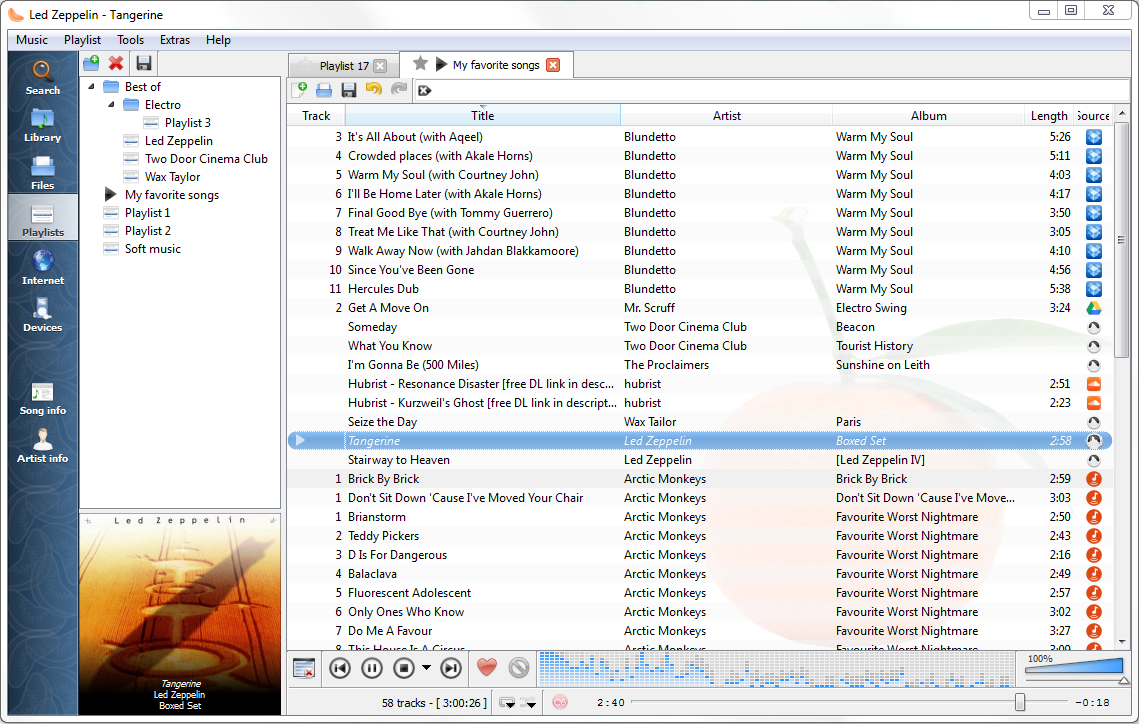Youtube To Mp3 Thats Safe For Mac 2016
You can use iTunes to convert song files between compressed and uncompressed formats. For example, you might want to import some uncompressed files into iTunes as compressed files to save disk space. Examples of compressed formats are MP3 and Apple Lossless Encoder.
Learn how to convert a song to a different file format and keep a copy of the original. Examples of compressed formats are MP3 and Apple Lossless Encoder. Examples of uncompressed formats are AIFF or WAV. Mac: From the menu bar at the top of your computer screen, choose iTunes > Preferences. What is the Best youtube downloader in your opinion? I know this questions probably been asked plenty on here but Im looking for something to get my music on youtube onto my phone. So i would need to download to mp3 i dont care about the video. It can be a download, separate website or a chrome or firefox add on it doesnt really matter.
Examples of uncompressed formats are AIFF or WAV. You shouldn't notice reduced sound quality when you: • convert between uncompressed formats. • go from a compressed to an uncompressed format. You might notice reduced sound quality when you: • convert between compressed formats. • go from an uncompressed to a compressed format. Learn more about.
For best results, if you want your music in a different format, import again from the original source using the new encoding format. You can convert the format of songs that are in your iTunes library, in a folder, or on a disk. • Open iTunes. • Mac: From the menu bar at the top of your computer screen, choose iTunes > Preferences. Windows: From the menu bar at the top of the iTunes window, choose Edit > Preferences. • Click the General tab, then click Import Settings in the lower section of the window.
• Click the menu next to Import Using, then choose the encoding format that you want to convert the song to. • Click OK to save the settings. • From your library, select one or more songs that you want to convert. • Choose File > Convert, then Create [format] Version.

The format shown is the one that you chose in step 4. For example, if you chose Apple Lossless Encoder, select Create Apple Lossless Version. New song files appear in your library next to the original files. You can import songs into iTunes and convert them at the same time. This creates a converted copy of the file in your iTunes Library, based on your iTunes preferences. To convert all of the songs in a folder or on a disk: • Open iTunes. • Mac: From the menu bar at the top of your computer screen, choose iTunes > Preferences.
Windows: From the menu bar at the top of the iTunes window, choose Edit > Preferences. • Click the General tab, then click Import Settings in the lower section of the window. • Click the menu next to Import Using, then choose the encoding format that you want to convert the songs to.
• Click OK to save the settings. • While holding down the Option key (Mac) or Shift key (Windows) on your keyboard, choose File > Convert > Convert to [import preference]. The format shown is the one that you chose in step 4. For example, if you chose Apple Lossless Encoder, select Convert to Apple Lossless. • Select the folder or disk that contains songs that you want to import and convert. ITunes converts all of the songs in the folder or on the disk.
The songs in their original format and the converted songs appear in your library. Older purchased songs are encoded in a Protected AAC format that prevents them from being converted. Learn how to. When you convert a song to certain compressed formats, some data might be lost. These compressed formats give you a much smaller file size, which lets you store more songs.
But, the sound quality might not be as good as the original, uncompressed format. You might not hear a difference between a compressed and uncompressed song. This can depend on the song, your speakers or headphones, or your music device. If you compress a song and it loses data, you can't uncompress it to retrieve the data. If you convert a song from a compressed to an uncompressed format, its quality doesn't improve.
The file only takes up more disk space. An example is when you convert a song in MP3 format (a compressed format) to AIFF (an uncompressed format). Mp4 to mp3 converter mac. The song takes up much more space on your hard disk, but sounds the same as the compressed file. To take advantage of uncompressed formats, you should import songs in these formats.